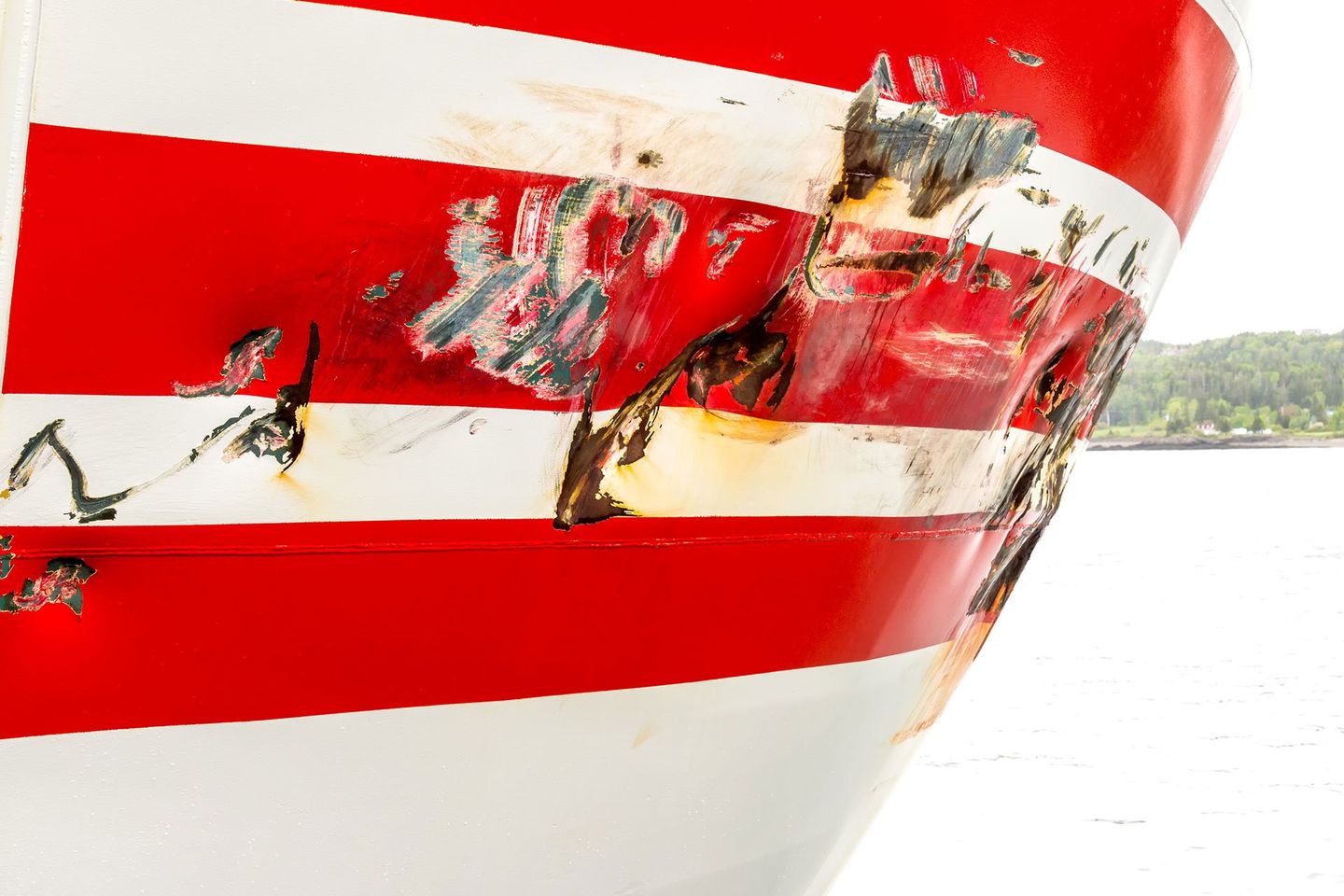Boating Accidents
BOATING ACCIDENTS
Texas
has more square miles of inland water than any other state in the country. With so much opportunity available, it’s no wonder hundreds of thousands of Texans head to the rivers and lakes for recreation each year. The Texas Parks & Wildlife Department (TPWD) indicates that there are more than 580,000 registered boats in Texas, ranking it 6th in the country. Anyone who has ever been out on a popular Texas waterway.
Every year, the U.S. Coast Guard compiles statistics on reported recreational boating accidents. These statistics are derived from accident reports that are filed by the owners / operators of recreational vessels involved in accidents. In 2018, the Coast Guard counted 4,145 recreational boating accidents which resulted in 633 deaths, 2,511 injuries, and approximately $46 million dollars in property damage. The fatality rate was 5.3 deaths per 100,000 registered recreational boats, which was a 3.6% decrease from the 2017 fatality rate. It is also important to note that roughly 77% of fatal boating accident victims died as a result of drowning. This makes sense in light of the fact that 84% of those victims were not wearing a life jacket. The Coast Guard found that operator inattention, improper lookout, operator inexperience, machinery failure, and excessive speed rank as the top five primary contributing factors in recreational boating accidents. However, the leading factor in boating fatalities is alcohol. The Coast Guard claims that alcohol use is the leading known contributing factor in fatal boating accidents (it was listed as the leading factor in 19% of boating deaths). The TPWD claims that alcohol plays a role in 50% of all boating accidents in Texas. For some reason, many boaters have a misconception that DWI laws do not apply on the water – THEY’RE WRONG! In Texas, a person who either appears to be impaired and/or has a blood alcohol level of 0.08 or higher while operating a boat can be arrested for BWI (Boating While Intoxicated). A person arrested for BWI may be jailed for up to 180 days, be fined as much as $2,000 or both. Additionally, the person’s drivers’ license may be automatically suspended.
Texas has also instituted mandatory boater education in an effort to prevent or limit these terrible accidents. In Texas, mandatory boater education is required for anyone born on or after September 1, 1993 to operate a Personal Watercraft (PWC), sailboat over 14 feet, or motorboat with a motor greater than 15 hp. Unfortunately, not everyone follows the rules and accidents still happen. If you or a loved one has been involved in an unfortunate boating accident, you need an experienced attorney on your side to face down the insurance companies and get you the compensation you deserve. Give us a call today at 713-528-1000
for a free consultation.
Content, including images, displayed on this website is protected by copyright laws. Downloading, republication, retransmission or reproduction of content on this website is strictly prohibited. Terms of Use
| Privacy Policy

